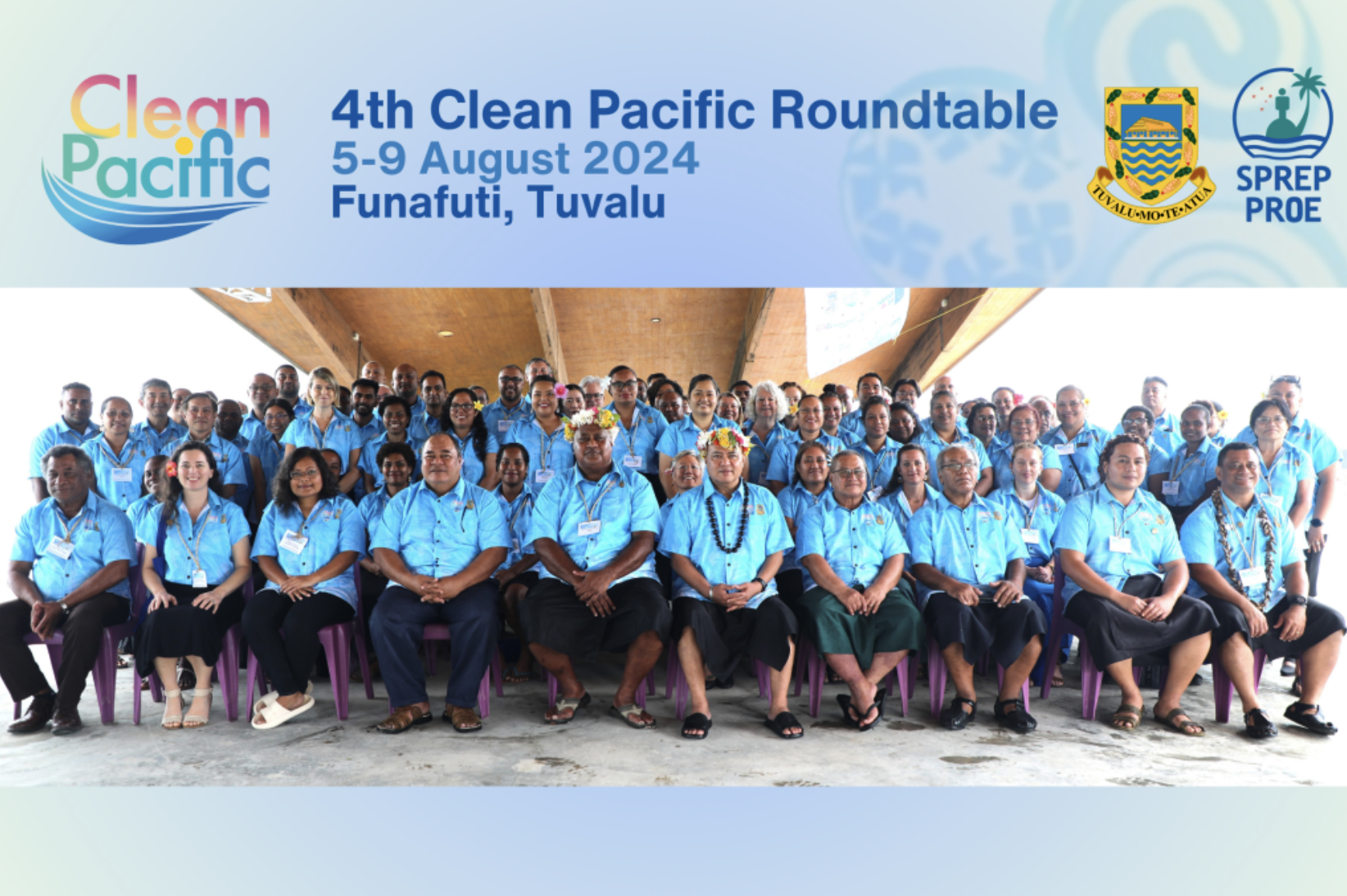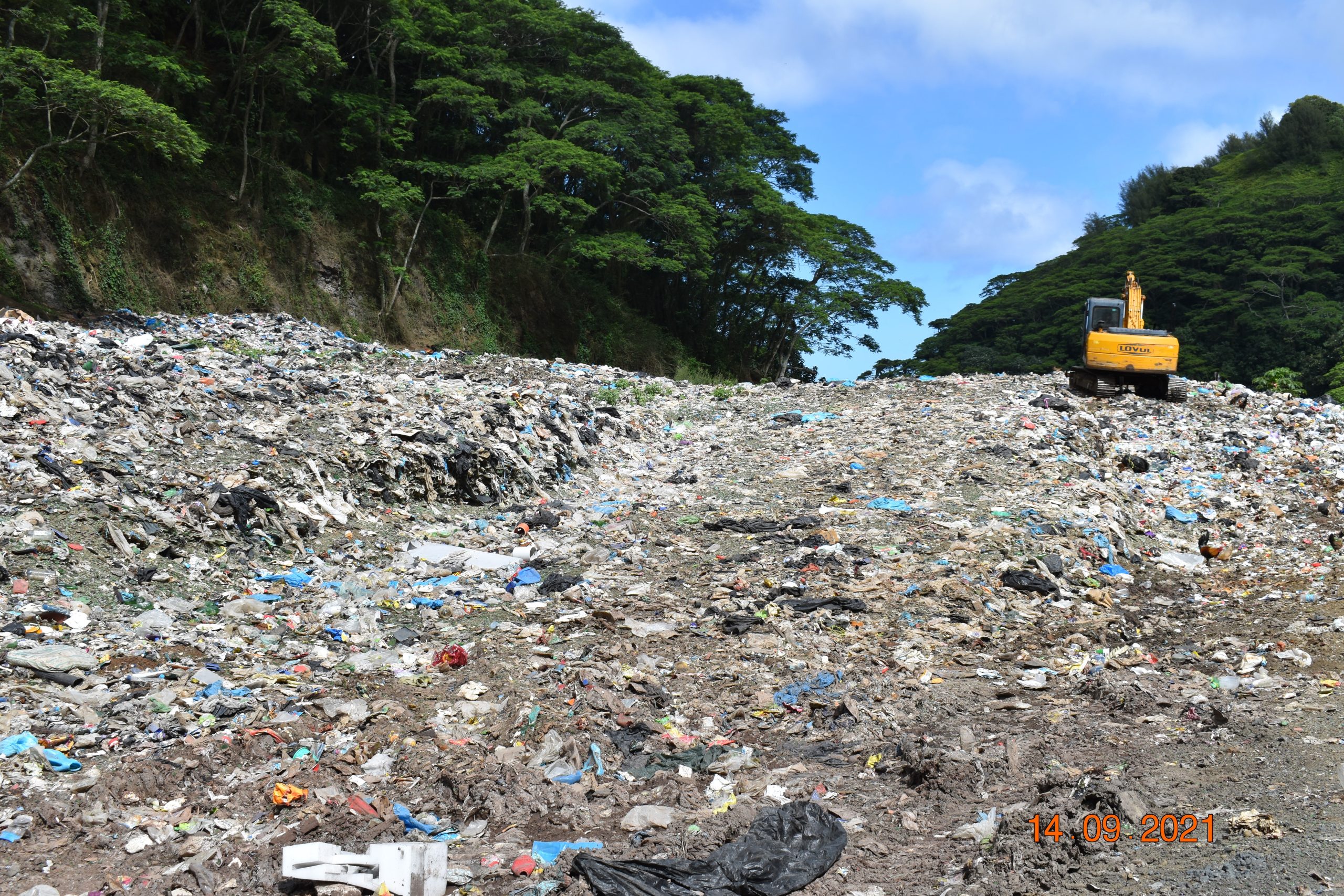
Cook Islands joins UNDP Green Finance Planning
The dialogue was centred on the transition to inclusive and climate-resilient economies, and the role sustainable finance plays to facilitate this transformation.
The Rarotonga Environment Act 1994/95 was repealed by the Environment Act 2003 formalising the establishment of the NES.
The role of the National Environment Services is based on 5 main areas and has four main departments.
There is a suite of policies, strategies and plans developed over the years to enable environmental protection, conservation and management.
Our cultural identify is deeply rooted in our environment and it is part of our heritage and legacy.
An Environment Consent is a permission granted to an applicant undertaking an activity that has some but not significant environment impact.
A permission required for the construction of a standard residential dwelling or non-construction purposes such as land clearance.
A management tool used to identify the environmental, social and economic impacts of a project prior to decision making.
Any person planning to take any wild animal or plant overseas must apply for a permit for trade movement of endangered species (CITES).
All importers of bulk HFC goods must register as an approved importer with NES.
Other permits issued by NES relates to the transboundary movement of waste, ozone depletion substances and wildlife.
Biodiversity plans are important documents to manage and determine the state of our natural environment.
Protecting species, habitats, ecosystem, and protecting biological diversity.
Activities to protect, maintain, or restore the quality of environmental media.
Historical milestone for conservation in the Cook Islands
The Environment Act 2003 is the primary legislation applied throughout the Cook Islands and the Outer Islands (Pa Enua) of Aitutaki, Atiu, Mauke and Mitiaro.
Several subsidiary legislations made under the Environment Act 2003 to apply provisions of the Act and to also include the Pa Enua.
Numerous national legislations interlinked with the environment but administered by other government entities.

The dialogue was centred on the transition to inclusive and climate-resilient economies, and the role sustainable finance plays to facilitate this transformation.

The Cook Islands’ identify, culture and economy, is based on its ocean and its linkage to land and marine ecosystems.

The discussions were heavily focused on the contentious articles including sustainable production, chemicals of concern and the financial mechanism

The GEF ISLANDS programme has 4 main objectives: to prevent future build-up of chemicals entering our regions; safely manage and dispose of existing hazardous chemicals,

The three conventions of Basel, Rotterdam and Stockholm were established to protect the environment and human health from hazardous chemicals and waste.

The National Environment Service proudly acknowledges the academic achievements of four staff members who have successfully completed studies in the Post Graduate Certificate in Environmental

The session is to prepare the 67-country member coalition for the fifth and final session of negotiations for the legally binding treaty to end plastic

The Cook Islands delegation also highlighted the significance of finance, capacity building, and technology transfer as essential tools to empower nations in their fight against

Waste and pollution is a key block of the triple planetary crisis that is affecting sustainable development in the Pacific region. Leading officials from the

The purpose of the WWF roundtable was to discuss these concepts and identify possible opportunities to merge or join the proposals.